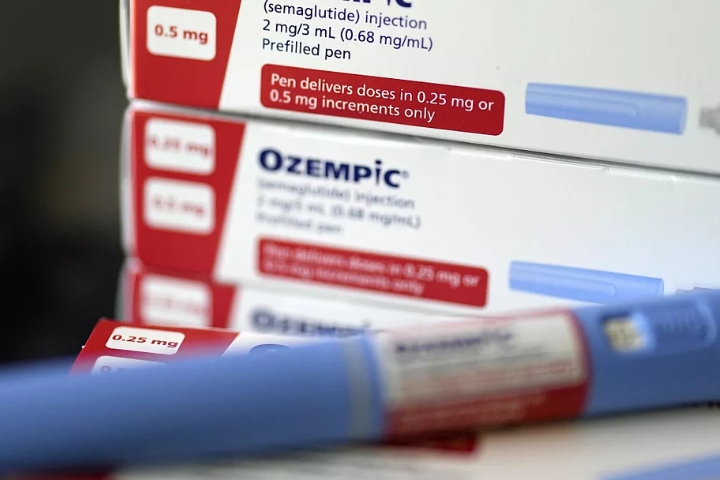New research suggests that popular weight loss drugs like Ozempic and Wegovy may help individuals reduce alcohol consumption, offering potential new treatment options for alcohol use disorder (AUD). Published in JAMA Psychiatry, the study found that people taking GLP-1 drugs such as semaglutide were less likely to be hospitalized for alcohol-related issues.
This discovery adds to a growing body of evidence that GLP-1 drugs, primarily used to treat obesity and Type 2 diabetes, might also be effective in reducing cravings and alcohol intake. With only three FDA-approved medications currently available to treat AUD, experts are hopeful that these findings could lead to new, effective solutions for those struggling with alcohol addiction.
GLP-1 drugs offer hope in the treatment of Alcohol Use Disorder
A research article published in *JAMA Psychiatry* reports that drugs GLP-1 like semaglutide, the major ingredient in Ozempic and Wegovy, could be used to decrease alcohol consumption. In Sweden, a randomised controlled trial involving about 228,000 patients diagnosed with AUD, it was discovered that those in treatment with a GLP-1 drug had fewer alcohol-attributable hospitalizations. The study’s lead author, psychiatric researcher for Finland’s Niuvanniemi Hospital, Dr. Markku Lähteenvuo says, “I see so many patients who do not have good outcomes on the medications we have and who are desperate for help with their addiction. We really do need more tools in the toolbox.”.
Although hospitalization data are hardly the best measure, the past few years have seen this be a useful takeaway point. “Alcohol withdrawal or poisoning would be why someone would require hospitalization, which is a pretty extreme outcome,” Fralin Biomedical Research Institute of Virginia Tech Dr. Alex DiFeliceantonio said. However, data can show how the drugs can be potentially effective and contribute towards future clinical trials.
Understanding the Mechanism Behind GLP-1’s Potential Impact on Addiction
Just how GLP-1 drugs might work to treat addiction is still a mystery, but scientists have theories. In an interview, one hypothesis that seems quite enlightening is related to the creation of this full or satiated feeling-a sense of ease of not wanting it. According to Christian Hendershot, director of clinical research at the University of Southern California Institute for Addiction Science, “They may also reduce the rewarding effects of drugs.”
The drug study, focusing on individuals with alcohol use disorder, would demonstrate a clearer look at the potential for drugs. “The fact that this new study was only in people who have alcohol use disorder gives better information about how effective the drugs may be for people with substance addiction,” added Hendershot. More research is needed to confirm these findings; drugs like GLP-1 are known to be potentially unsafe for people without obesity or Type 2 diabetes.




GIPHY App Key not set. Please check settings